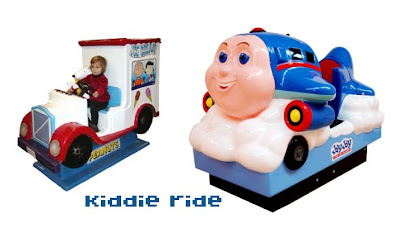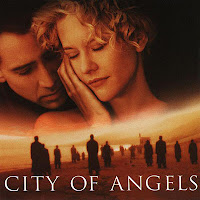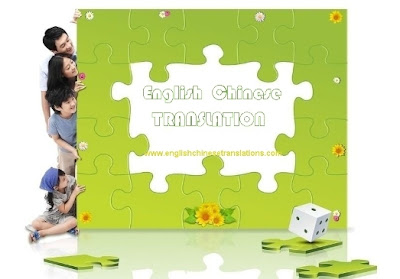I was recently focusing on
English Chinese translation services, so I visited quite some of such forums with the intent of learning more about translation. Discussing translation with
English Chinese translators from all over the world is helping me a lot.
Anyway, when I communicated with guys at the forums, I found that they use the word “anyway” a lot. (See, I was also using it.) I was thus thinking of finding a Chinese equivalent for it. However, when I was summarizing the sample sentences, I found it was very difficult to find a similarly versatile word to translate it from English to Chinese. Given that, I think I have to translate it with different Chinese words in different contexts.
Let’s deal with it with some examples:
E.g. 1 I want to thank you for helping me, anyway.
不管怎样(bù guǎn zěn yàng),我还是想要谢谢你帮了我(wǒ hái shì xiǎng yào xiè xiè nǐ bāng le wǒ)。
The English Chinese translation literally means “Regardless of what happens, I still want to thank you for helping me.”
E.g. 2 I don’t believe him anyway.
反正我是不相信他的(fǎn zhèng wǒ shì bù xiāng xìn tā de)。/我反正是不相信他的(wǒ fǎn zhèng shì bù xiāng xìn tā de)。
In this context, “反正” is the exact equivalent of “anyway”.
E.g. 3 Why are you doing this, anyway?
你到底/究竟为什么要这么做(nǐ dào dǐ/ jiū jìng wèi shén me yào zhè me zuò)?
“到底”/”究竟” literally means “after all” in English.
E.g. 4 It may rain, but we shall go anyway.
虽然可能会下雨(suī rán kě néng huì xià yǔ),但是我们不论如何都要去的(dàn shì wǒ men bú lùn rú hé dōu yào qù de)。
“不论如何” or “无论如何” equals “no matter what happens”, “anyhow”, “in any case”.
E.g. 5 The “To:” field is empty. Send message anyway?
收件人字段为空(shōu jiàn rén zì duàn wéi kōng)。仍然要发送信息吗(réng rán yào fā sòng xìn xī ma)?
E.g. 6 She threw the books in the box just anyway.
她就把书随便往箱子里一扔了(tā jiù bǎ shū suí biàn wǎng xiāng zǐ lǐ yī rēng le)。
E.g. 7 It was you who broke it, so you should repair it anyway you can.
是你弄坏的(shì nǐ nòng huài de),所以你应该想尽一切办法修好它(suǒ yǐ nǐ yīng gāi xiǎng jìn yí qiè bàn fǎ xiū hǎo tā)。
In other cases, we may use “anyway” to indicate changing the topic (sometimes for ending the current topic, or just for returning to the previous topic).
E.g. 8 Anyway, I finally reached there in time.
总之,我及时赶到了那里(zǒng zhī, wǒ jí shí gǎn dào le nà li)。
“总之”, which means “in short”, is a high-frequency word of summarizing in Chinese.
E.g. 9 I actually thought I have missed it. Anyway, I had a great time there.
我以为我肯定错过了(wǒ yǐ wéi wǒ kěn dìng cuò guò le)。话说回来(huà shuō huí lái),我在那里真的玩得很开心(wǒ zài nà li zhēn de wán dé hěn kāi xīn)。
“话说回来” literally means “bring the topic back”, “back to the previous topic”.
So as we can see, we have different Chinese phrases for the versatile English word “anyway”. However, when we translate English to Chinese, we are always intended to find an equivalent. But most of the time, both English and Chinese words have multiple meanings. This is when the context matters a lot.
As an English Chinese translator, I always think that translation is kind of an activity involving lots of subjective factors. We get so many multiple-meaning words in our languages, so it depends when translating something, especially in transliteration.

















